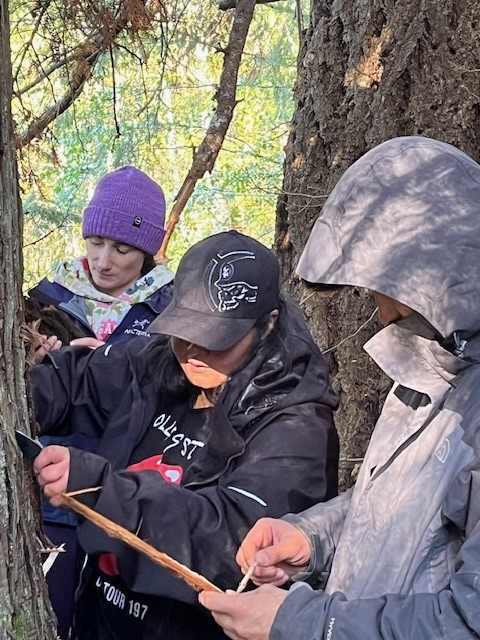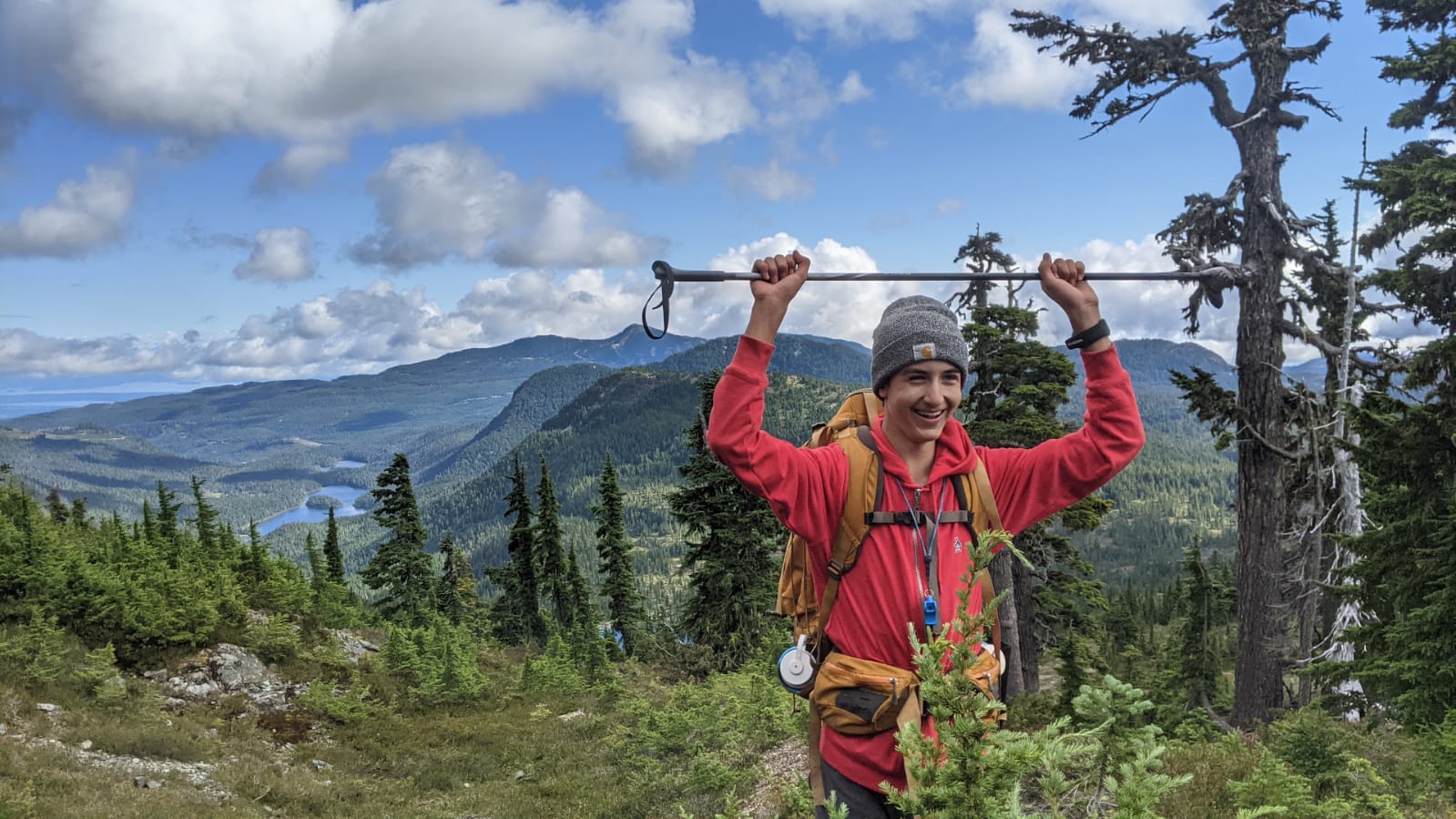At Outward Bound Canada (OBC), risk management is at the heart of every outdoor adventure. Whether you’re trekking through the backcountry, paddling remote waters, or scaling rugged terrain, we take every precaution to ensure a well-managed and enriching experience. Here are five key ways we prioritize risk management on an OBC course.
1. Thoughtful Planning and Preparation
Preparation is the foundation of risk management. Before every trip, we meticulously plan routes, assess potential risks, and establish contingency plans. Our instructors are trained to evaluate terrain, weather patterns, and environmental conditions to anticipate challenges before they arise. The RAMER safety framework provides a structured approach to managing risk:
- Recognize possible and present risks
- Assess their likelihood and severity
- Minimize/Mitigate with proper planning and equipment
- Emergency Response strategies, including first aid and evacuation plans
- Regroup and debrief if an incident occurs to improve future safety measures
By understanding the environment and equipping our teams with the knowledge and tools they need, we ensure that every participant is prepared for the journey ahead.
2. Expertly Trained Instructors
Our instructors are seasoned outdoor professionals with extensive training in wilderness safety, first aid, and risk assessment. Lead instructors are certified in Wilderness First Responder (WFR) training, ensuring they can handle medical emergencies in remote settings. They also receive specialized training in:
- Navigation and route planning
- Emergency response and evacuation procedures
- Group management and leadership
- Wildlife safety and behavior
- And additional region-specific training depending on activity (paddling, hiking, etc.)
With their expertise and calm leadership, our instructors create a secure environment that allows participants to focus on personal growth and adventure.
3. Wildlife Awareness and Risk Management
Encountering wildlife is part of the outdoor experience, but it requires careful management. We take proactive steps to reduce risks and educate participants on responsible wildlife interactions:
- Understanding animal behavior: Knowing when and where animals are active helps us avoid potentially hazardous encounters.
- Proper food storage: We use bear-proof containers and food-hanging techniques to prevent attracting wildlife.
- Positioning and noise awareness: Whether hiking through dense forest or transitioning between meadows, we teach participants how to announce their presence and avoid surprising wildlife.
- Emergency deterrents: Instructors carry bear spray and other deterrents as an added precaution.
- Trail awareness: Instructors regularly check trail reports for wildlife activity and closures, ensuring routes are safe and updated based on recent sightings or animal behaviour in the area.
By respecting wildlife and minimizing human impact, we create a safer and more harmonious experience in nature.
4. Emergency Preparedness and Communication
Even with the best planning, unexpected situations can arise. That’s why we equip our teams with reliable communication tools and emergency response strategies. Each group carries:
- Satellite communication devices (SPOT, InReach, two-way radio or satellite phones)
- Detailed emergency action plans
- First aid kits and medical supplies
Additionally, all participants are briefed on emergency procedures, including how to respond to injuries, lost persons, or severe weather events. Knowing what to do in an emergency is a critical part of managing risk in the wilderness.
5. Learning from “Near Misses” and Incident Reporting
At OBC, we foster a culture of continuous learning. We encourage open reporting of “near misses”—events that could have resulted in injury but didn’t—so we can identify potential hazards and refine our risk management strategies. Our approach includes:
- Regrouping after incidents to discuss what happened and how it could be prevented in the future
- Maintaining detailed incident reports to track patterns and improve risk management
- Encouraging a positive learning culture, where safety concerns are addressed openly rather than ignored
By tracking these events, we stay proactive and continuously enhance our protocols.
Risk management is not just a priority for us—it’s our commitment to you. From meticulous planning and expert instruction to wildlife awareness, emergency preparedness, and a culture of learning, we take every measure to ensure a secure and transformative outdoor experience for each of our participants. When you spend time in nature with us, you can trust that your adventure is built on a foundation of responsible risk management, allowing you to push your limits, build resilience, and create unforgettable memories in nature.
Ready to embark on your next adventure? Join us on an Outward Bound Canada course today!
Or, dive deeper into our risk management approach with Training Academy Instructor, Brandon Boltz. With over 15 years of outdoor leadership experience, Brandon breaks down key practices and strategies for staying safe in wild spaces.








